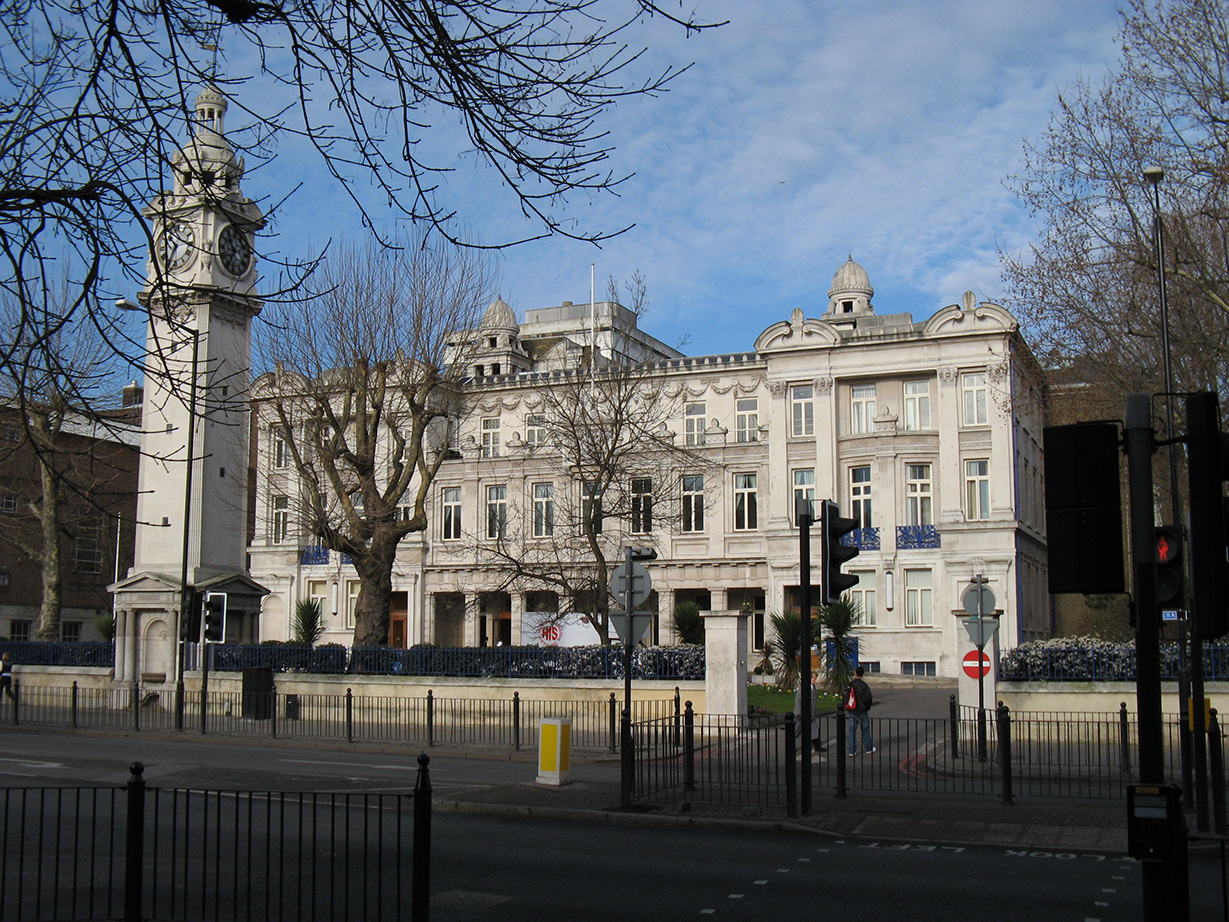Queen Mary University of London
Queen Mary University is located in Mile End in the east end of London. REQUEST INFORMATION
KEY INFORMATION:
It is a constituent college of the federal University of London. London has a population of 8.3 million (or over 13 million in the wider metropolitan region). The nearest major airport is London City Airport which offers flights to main European destinations. London Gatwick Airport is an hours car or tube journey from Mile End.



UG 13000
PG 4500



Six steps to Queen Mary University of London
Our method to your success
FREE CONSULTATION MEETING
REPORT & INSTITUTION SHORTLIST
APPLY & RECEIVE AN OFFER
WOO HOO! YOUR OFFER IS ACCEPTED
ARRIVAL & POST ARRIVAL SUPPORT
WE ARE WITH YOU EVERY STEP OF THE WAY
LOCATION:
London is well served by underground and bus system and its major rail and coach stations offer connections to the rest of the UK as well as to France and Brussels via the Eurostar train from London St Pancras station. The lowest average temperature in and around London is 3 degrees in January. The highest average temperature is 22.5 degrees in July.
REQUEST INFORMATION..

Request Information - University Courses
HISTORY:
Queen Mary College was founded in the mid-Victorian era as a response to the needs of the people of east London for further education, particularly in technical subjects. It can also trace some of its roots back to the founding of the London Hospital Medical College in 1785. Named after Queen Mary of Teck (wife of George V), the college was admitted to the University of London in 1915. It merged with Westfield College in 1989 and with St Bartholomew’s Hospital Medical College and London Hospital Medical College in 1995. It is now one of the largest colleges of the University of London, enjoying a reputation for teaching in the fields of medicine, economics, engineering and law.
LOCATION:
The main Mile End campus is home to the Faculty of Humanities and Social Science and the Faculty of Science and Engineering. Two miles away, the University’s Whitechapel campus is the location for St Barts and the London School of Medicine & Dentistry. Further teaching buildings can be found on another site three miles from Mile End at Smithfield, and the University’s Centre for Commercial Law Studies is in Lincoln’s Inn Fields in Holborn, four miles from the main campus. Students travelling between the sites and around London generally, benefit from discounted Oyster travel cards which can be used on all public transport in London.
RANKING:
Queen Mary, University of London is ranked =117th in the Times Higher Education rankings, it is also ranked between 201-300th in the Shanghai Jaio Tong rankings. Queen Mary’s is also a member of the Russell Group of universities.Queen Mary is ranked 67th in the National Student Survey Satisfaction rankings.
INTERNATIONAL:
There are approximately 8,400 international students at Queen Mary's, hailing from over 160 different countries, representing about 48% of all students.Pathway entry for international students - at Queen Mary's NCUK offers foundation courses leading to degree course entry.For more information, please visit Pathway & Foundation page.
SIZE:
The total student population of Queen Mary is just under 18,000 of which over 13,000 are undergraduates and over 4,500 are postgraduates.
EMPLOYMENT:
91.5% of Queen Mary graduates enter directly into work, further study or training within 6 months of graduation (source:HESA). A breakdown of post graduation employment by course, showing the split into professional/managerial positions, rather than general employment figures, is available from Unistats an independent source of university data. For more information, please visit the REF Information page.
FACILITIES:
The Mile End campus houses the Library, most halls of residence, a bar, club and a new sports centre. The medical library is based at the Whitechapel site. The Student Union runs around 190 sports clubs and societies. St Mary locations means that any of the campuses are well placed for easy access to London’s famous sites, museums, galleries, theatres, shopping, restaurants and nightlife.
ACCOMMODATION:
Queen Mary University offers university owned accommodation in 18 halls of residence based at the main Mile End campus. These are comprised of self-catered units of between 3-11 rooms in maisonettes with each unit sharing kitchen and dining facilities. The standard contract is for 38 weeks and priority is given to those students coming from the furthest away.Accommodation fees start at £136.64 per week for a standard single room with shared bathroom.There is no catered university accommodation available.
COST:
International students
International undergraduate tuition fee examples - BA or BSc:
Fees for full time undergraduate courses start at £20,000 for Arts and Humanities based subjects, £22,250 for Business related courses, and rise to £25,150 for Engineering based subjects. Medicine - £42,500.
SUBJECT AREAS:
REF (Research Excellence Framework) was an independent government review conducted into the quality of research at UK universities and published in December 2014. This information highlights subjects of specialism within each university. We have listed all subject areas where at least 60% of the research conducted in these specific fields has been graded 3 or 4 stars. (4 stars being the highest ranking REF award). For more information, please visit the REF Information page.
ONLINE COURSES:
A limited range of postgraduate courses are offered, including International Relations MA, International Dispute Resolution LLM, Global Public Health MSc, and International Public Policy MSc.
LIFE AT Queen Mary University of London
We have been helping overseas students gain entrance to Queen Mary University of London for a number of years now, progressing to high profile careers in the UK. Find out more about this school below.
Review
Coming Soon
 LOOKING FOR AN ONLINE COURSE?
Our team can help you find a relevant course for your study.
BOOK A CALL
LOOKING FOR AN ONLINE COURSE?
Our team can help you find a relevant course for your study.
BOOK A CALL
DOWNLOAD YOUR FREE GUIDE TO A QUALITY UK EDUCATION
Sign up to our free Newsletter and you'll get a free copy of our guide to accessing a UK education to help you navigate the entire process.
REQUEST INFORMATION..
Get free instant access to exclusive content and join our monthly email guide
We’re with you every step of the way and will keep you updated on the latest UK education news. Find out more about joining.
